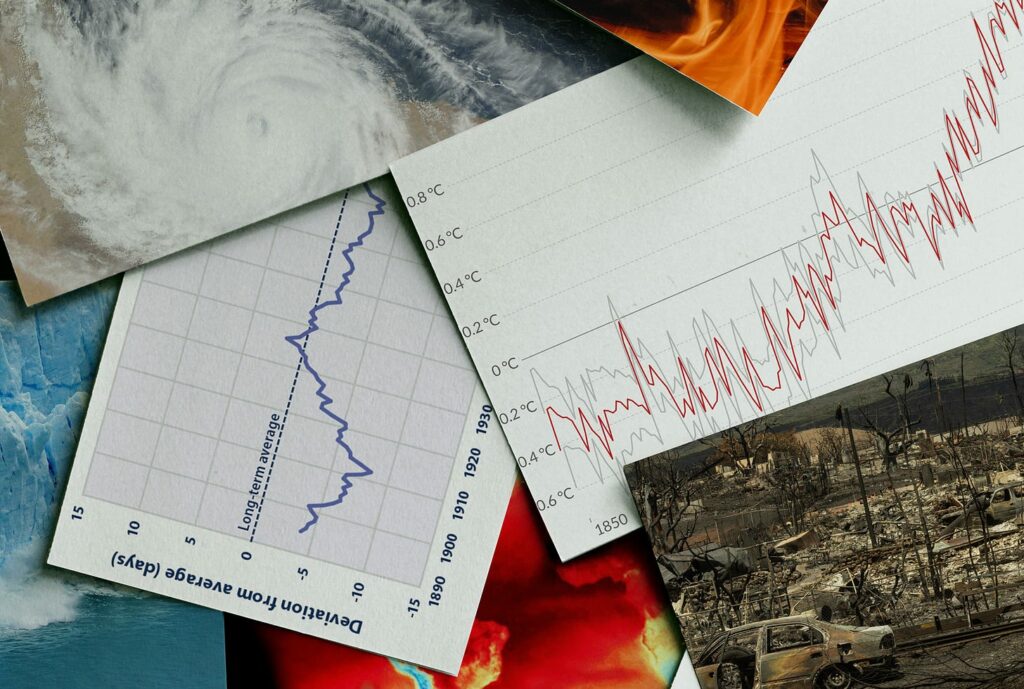Speaking of pointed questions no one can answer about climate science, and indeed of this question in particular, Ronald Stein asks why there’s so little research into past warmings. After all, if warming is important so is understanding warming, so we should study examples of it. Nobody would research a disease by looking at just one patient if there were others to study as well. But Stein comes up with a disquieting answer. “If young climate researchers today want to build their careers, their chances of getting government funding for their proposals is directly proportional to how seriously they portray the threat of global warming.” Which of course means the last thing an aspiring scientist would ever do is try to investigate how much of current warming is natural.
Of course we continue to be subject to almost daily jeering about our venality, for instance “Wondering why CDN is trying to persuade you that centuries of science on global heating and climate change are somehow wrong? Their mates in the fossil fuel industries stand to lose trillions of dollars in the transition to clean energy.” (If so, our mates could toss a few more bucks on the barbie, we can’t help thinking.) But it’s suspicious as a matter of public choice theory, as well as simply nasty, to assume that only people you don’t like are for sale.
As Tony Heller acerbically Tweeted recently, “Climate alarmists believe the relatively tiny amount of money oil companies have distributed has corrupted scientists, but reject the idea that tens of billions of taxpayer dollars distributed by politicians has corrupted academia.” And indeed the idea that people in government are unusually pure of motive, or insensitive to incentives, is strikingly naïve or worse.
So is the idea that researchers are simply bought and paid for. The problem is more subtle, and more insidious. It is that those researchers who are on the alarmist side are far more likely to prosper in their chosen career nowadays, while the skeptics are advised either to pursue different subjects equally interesting and far less professionally perilous, or else to genuflect to alarmism in their grant proposals and summaries to protect themselves from the mob.
Now this possibility does suggest one devious option, beyond the obvious one of writing such impenetrable prose that nobody can tell whether you just discovered that Antarctic ice is growing not shrinking. It’s to seek research money for, say, the Medieval Warm Period by claiming either that you intend to prove there wasn’t one or because understanding it will give us better insight into the ominous dangers of man-made global heating and the urgent solutions available. But as Jordan Peterson rightly says, “Don’t lie about anything, ever.”
So, if you really think past warming didn’t happen, or has nothing to tell us about the present, fine, don’t try to study it. But be prepared for others to say your focus is tendentiously narrow and undermines your credibility. If you cannot explain past warmings, you cannot explain this one including the vital question how much of it is natural.
If more than half the warming since 1850 is natural, then the sensitivity of the climate to additional CO2 is quite small. You don’t need a research grant to figure that one out. But you might need one to figure out whether it is… and someone should be willing to give it to you, unless the process is in fact deeply corrupted.



In that night-time picture of the continental USA that appears with several of your stories, there's a fairly large dot of light around where Bismark, ND is located. It is fainter, but at least the same size as Atlanta, or even Chicago. I didn't think Bismark was that big. What is that blur??